Hungary’s music history over the past century has been shaped by shifting borders and political ideologies, with key historical moments in 1918, 1956, and 1989. However, the most significant event for Hungarian music was the meeting of Béla Bártók and Zoltán Kodály in 1905, where they decided to collect folk music together. This marked a departure from the Austro-German romantic tradition that had dominated Hungarian music, leading to a more distinctive path. Many of these composers were influenced by French music and spent time in France. Their compositions, while not all influenced by folk song, share a connection to the tradition of lament and appear both ancient and new. The works of György Kurtág, György Ligeti, Zoltán Kodály, László Lajtha, Béla Bártók, Zoltán Jeney, and Gyula Csapó are discussed, highlighting their unique contributions and influences.


